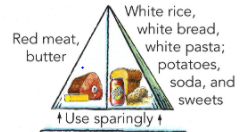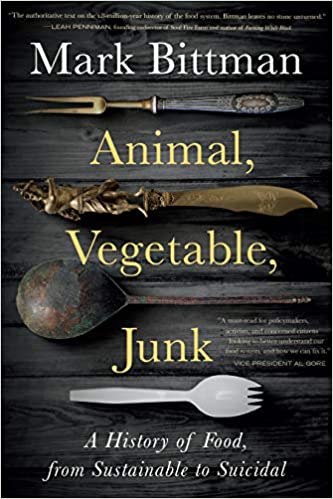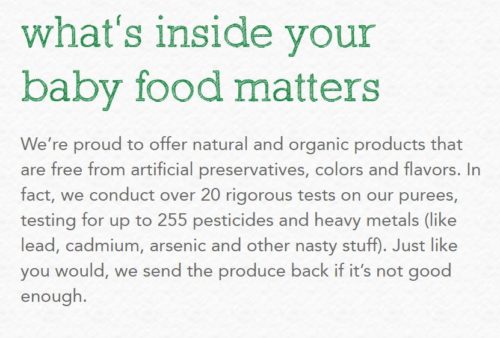What’s happening with Brexit?
The UK’s departure from the European Union is now a done deal, but its impact is only just now becaming clear. Here are some observations of what’s happening.
- What will be the impact of Brexit on food and farming? | Sustain: The UK’s exit from the EU has vast implications for our food, fishing and farming and Sustain is campaigning to ensure that our leaders continue to uphold good standards in all these areas.
- Delays at the UK/EU border “getting worse” A new survey has asked supply chain managers to provide an update on problems at UK/European Union border posts.
- UK delays post-Brexit border checks on EU goods The UK government has pushed back the timetable to introduce post-Brexit border checks on goods coming into the country from the European Union.
- UK’s waiver extension to Irish Sea Border checks deemed illegal by EU: The British government has announced an extension to the waiver of post-Brexit Irish Sea border checks on agri-food products entering Northern Ireland.
- Warning over UK meat jobs as Brexit export delays continue:UK industry body The British Meat Processors Association (BMPA) has warned that job losses could be on the cards following the country’s departure from the European Union.
- Post-Brexit red tape hits Scottish seafood exports, NI tradeUK seafood producers are being priced out of export markets by European competition, following continued delays at EU ports and poor preparation from Government, according to Scottish food trade bodies… Read
- Hauliers call for better system after border chaosTrade organisation Logistics UK has urged the government to review traffic and welfare management for HGV drivers following border chaos over Christmas… Read
- Trade bodies call for compensation over border blockadeTrade bodies across the supply chain have urged the government to create a compensation scheme for losses incurred due to the French border closure… Read
- Third country status for UK in trade deal with EUA trade deal has been agreed with the EU that sees the UK granted ‘third country’ listing status for exports of meat, dairy and other products of animal origin… Read
- Food supply worries persist over French border delaysFreight delays continue to cause concerns over food supply after France reopened its border with the UK but with tight restrictions… Read
- Are the challenges of 2020 likely to increase food waste?The volatility in supply and demand that characterised 2020 shows no signs of abating, driven by the continued uncertainty of COVID-19 and our messy divorce from the EU… Read






